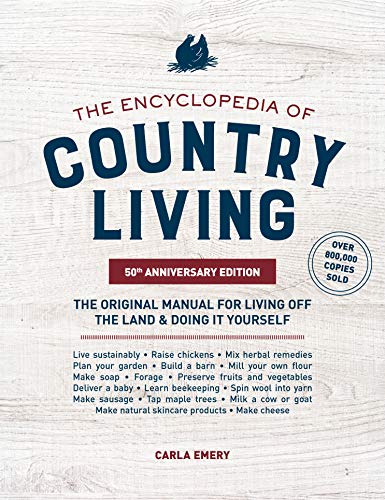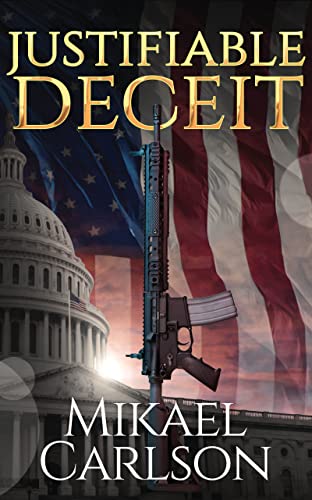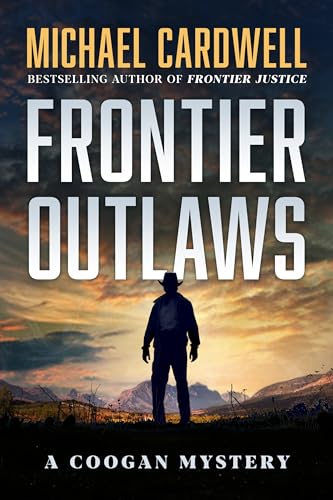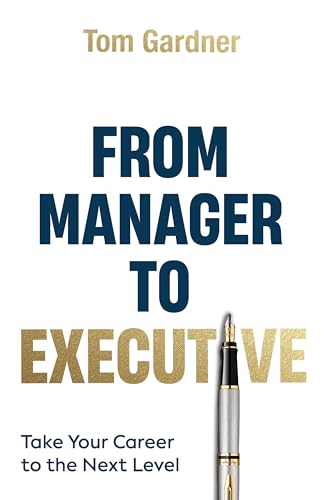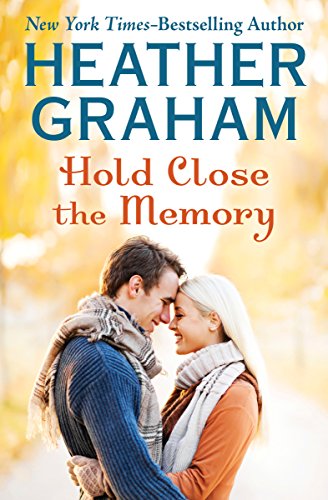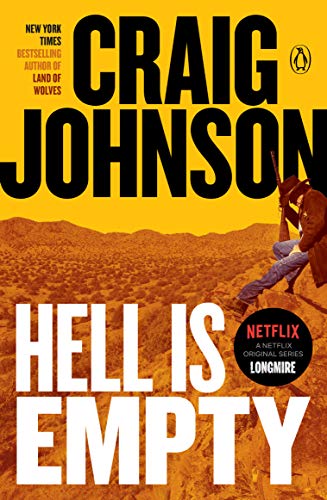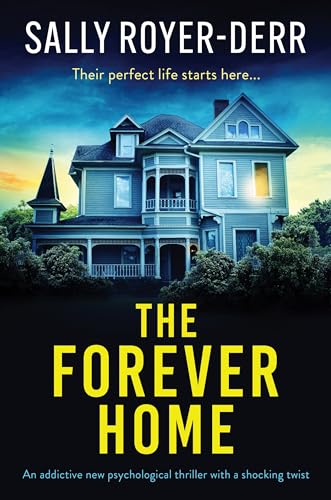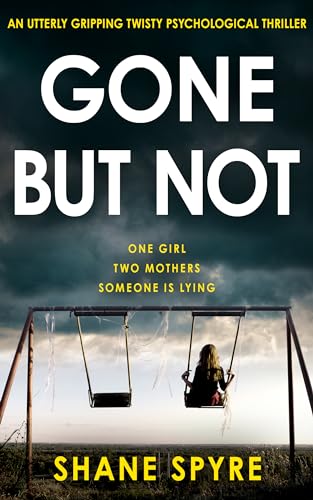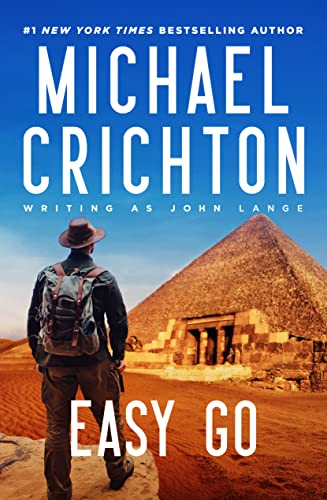
Defective by Design, an anti-digital rights management (DRM) initiative founded by the Free Software Foundation in 2006, has launched a petition drive aimed at persuading Amazon to remove digital rights restrictions from the books that Kindle owners purchase and download from the Kindle Store. The DRM issue has been a contentious one since the Kindle was launched in November 2007, and took on an uglier dimension when Amazon surreptitiously and wirelessly removed two George Orwell novels from its customers’ Kindles earlier this year. Amazon founder and CEO Jeff Bezos later issued a very strong apology for the way Amazon handled the Orwellian book removal.
The Defective by Design petition, located online here, reads as follows:
We believe in the freedom to read
We believe in a way of life based on the free exchange of ideas, in which books have and will continue to play a central role. Devices like Amazon’s are trying to determine how people will interact with books, but Amazon’s use of DRM to control and monitor users and their books constitutes a clear threat to the free exchange of ideas.
That is why we readers, authors, publishers, and librarians demand that Amazon remove all DRM, including any ability to control or access the user’s library, from the Kindle.
Amazon’s assurances that it will refrain from the worst abuses of this power do not address the problem. Amazon should not have this power in the first place. Until they give it up they will be tempted to use it, or they could be forced to by governments or narrow private interests. Whatever Amazon’s reasons for imposing this control may be, they are not as important as the public’s freedom to use books without interference or supervision.
You can add your online signature to this petition here, if you wish.
Here is a list of Kindle books that have been tagged as DRM-free by their authors and publishers, and here is another with DRM-free tags placed by readers.
As an author, a publisher, Kindle owner, and reader, I have been a supporter of these campaigns. But it is worth stating again here my belief that ultimately Amazon will change its tune on Kindle DRM both because of campaigns such as the petition and DRM-Free tagging and because it will be a good business decision, just as it has been a good business decision for Apple, after years of consolidating its position, to remove many of the DRM constraints it has placed on iTunes tracks:
Just as a time came when Apple was able to locate its corporate self-interest in allowing customers to remove DRM from their iTunes store audio purchases for a price, a similar time will probably come for Amazon with respect to customers’ Kindle Store purchases. In both cases, the timing seems to require that some critical mass of the applicable publishers reach a certain nuanced understanding of and experience with the changing revenue streams and marketing channels that digital publishing and distribution allow. It’s not exactly dialectical materialism, but it is a world in which changes in politics must be driven by, rather than be the drivers of, changes in economic relationships.
We can’t all be Lawrence Lessig or Cory Doctorow, and neither Amazon nor Apple will ever be Google, Creative Commons, or Project Gutenberg. Most publishers possess little understanding of Lessig or Doctorow or anyone else who has discovered the viral (and, often, easily monetized) marketing power of setting one’s words free in selected venues, and many probably label them as the “free books crowd” and shut down reflexively in the face of any opportunity to listen to them or learn from them. Call me Pollyanna, but I believe that Jeff Bezos does possess some nuanced understanding of these issues, and in time, armed with the larger and larger payments his company’s Kindle division is making to publishers, will be in a better position to bring them along into a future where there is a wide acceptance of DRM-free electronic publishing standards. But on the Darwinian path to that future, it would be very uncharacteristic of Amazon not to continue to consolidate and strengthen its position.

